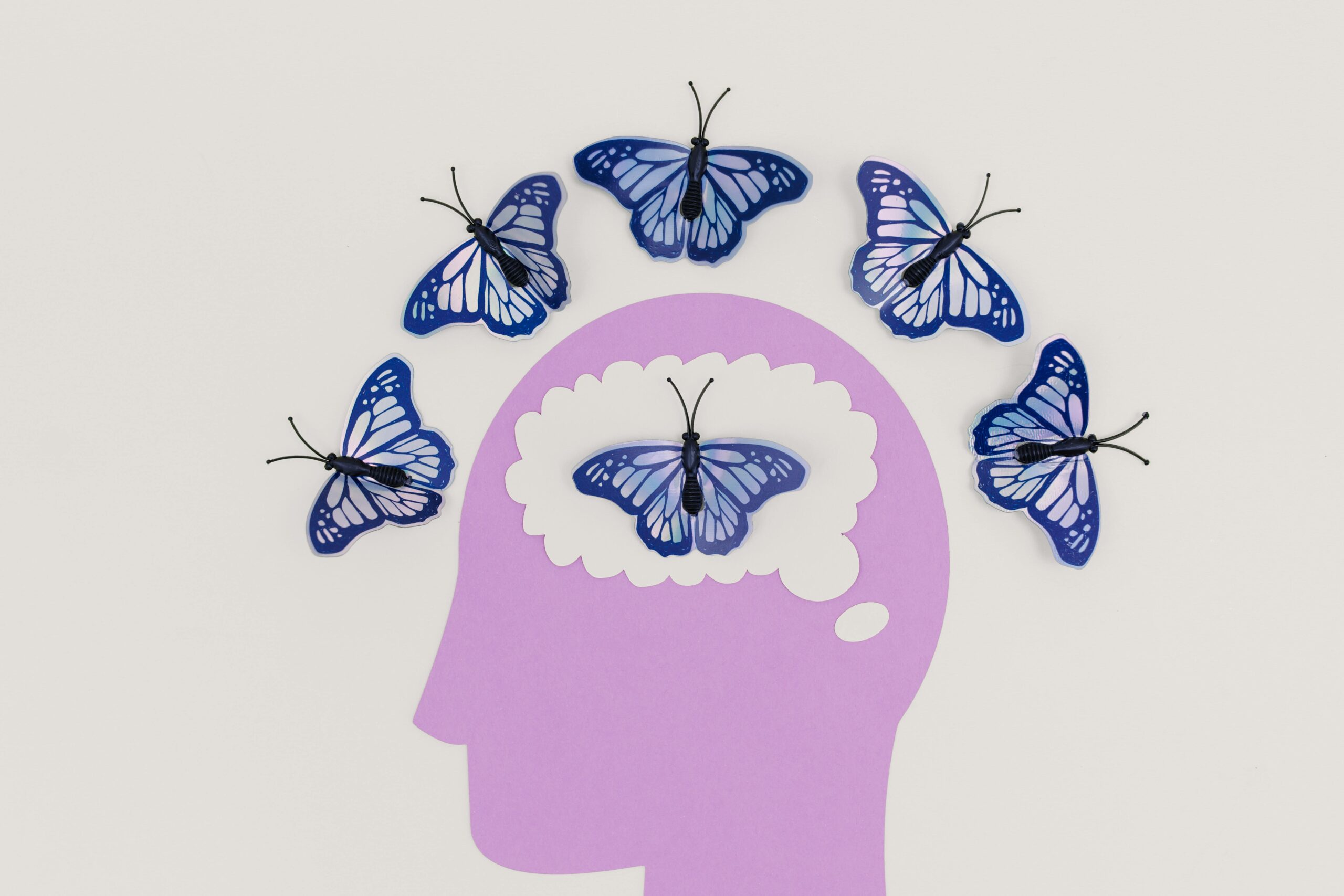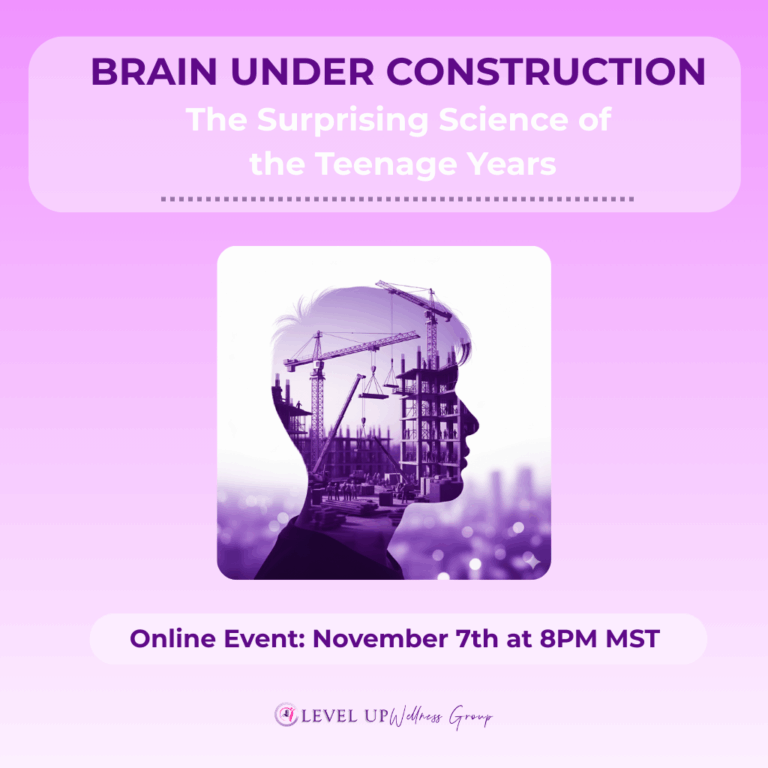Why the Teenage Brain Matters
Teenagers are often misunderstood. One moment they’re full of energy and creativity, the next they seem distant or impulsive. For many parents, caregivers, and teachers, these shifts can feel overwhelming. But neuroscience shows there’s a reason behind it all: the brain is still “under construction.”
During adolescence, the brain goes through one of the most significant periods of change since early childhood. The prefrontal cortex, which manages decision-making, impulse control, and planning, is still developing. At the same time, the reward system in the brain is highly active—meaning teens are more likely to take risks and seek novelty.
Far from being a flaw, this combination is what fuels learning, creativity, and resilience. Understanding this balance is the key to supporting teenagers, not just surviving their growing pains.
About the Event
Cost: free
Where: Online
Dates:November 7th
Time: 8:00 PM MST
This free virtual session with Darielle Rairdan explores the latest science of adolescent brain development — and what it means for real life. You’ll leave with a deeper understanding of why teens act the way they do, plus strategies to build stronger connections and healthier family dynamics.
This is not just a lecture. It’s an opportunity to reframe how you see the teenage years: not as chaos, but as a stage full of potential, growth, and transformation.

Key Takeaways
By the end of the session, you’ll:
- Understand how brain development explains teen behaviours like mood swings, procrastination, and risk-taking.
- Learn why teens are wired for creativity, exploration, and social connection.
- Gain tools for calmer communication and conflict resolution at home.
- Feel more confident in guiding teens through challenges while nurturing their independence.
Who Should Attend?
This session is designed for anyone who wants to better understand teens:
- Parents and guardians looking for tools to connect with their children.
- Teachers, coaches, and youth leaders working closely with adolescents.
- Mental health and healthcare professionals supporting families.
- Community members who want to bridge the generational gap.



